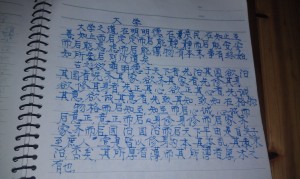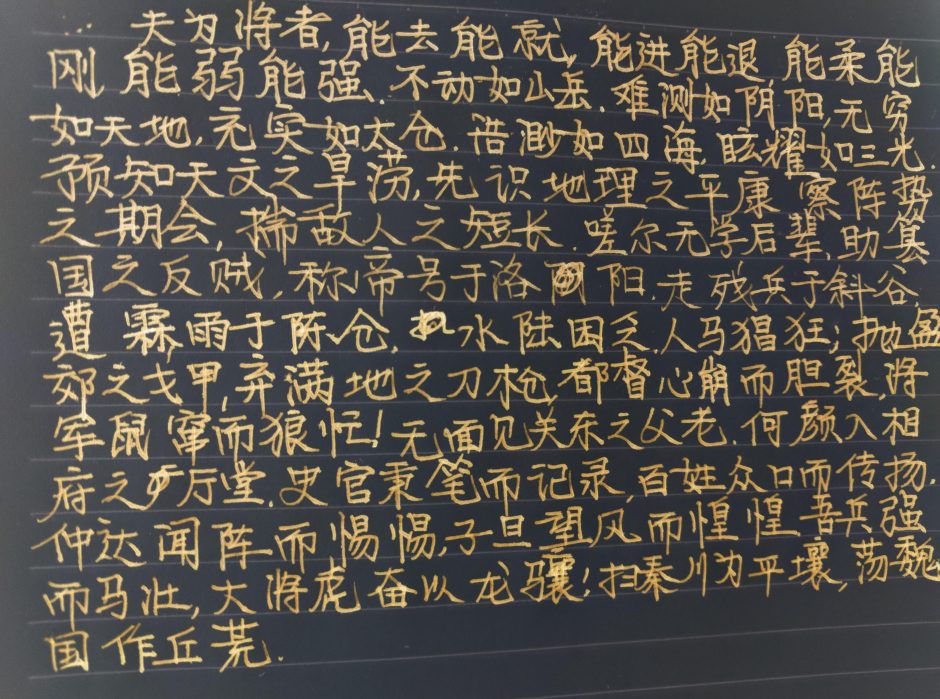http://poj.org/problem?id=1158
#include <stdio.h>
#include <memory.h>
#include <vector>
#include <queue>
using namespace std;
int n, begin, end;
int b[300], p[300], sum[300];
int r[300];
typedef pair<int,int> p_i;
bool s[300][30000];
vector< p_i > e[300];
struct cmp {
bool operator()( const p_i &a, const p_i &b ) const {
return a.second > b.second;
}
};
priority_queue< p_i, vector<p_i>, cmp > q;
void input( ) {
int i, v, m, y, x;
char c[2];
scanf( "%d%d", &begin, &end );
begin--, end--;
scanf( "%d%d", &n, &m );
for( i=0; i<n; i++ ) {
scanf( "%1s%d%d%d", c, r+i, b+i, p+i );
if( c[0] == 'P' )
r[i] = b[i]+p[i]-r[i];
else
r[i] = b[i]-r[i];
sum[i] = b[i]+p[i];
}
for( i=0; i<m; i++ ) {
scanf( "%d%d%d", &x, &y, &v );
e[x-1].push_back( p_i( y-1, v ) );
e[y-1].push_back( p_i( x-1, v ) );
}
}
int main( ) {
int i, x, t, y, tt;
input();
q.push( p_i( begin, 0 ) );
while( !q.empty() ) {
x = q.top().first;
t = q.top().second;
if( x == end )
break;
if( t > n*200 ) {
t = 0;
break;
}
q.pop();
if( !s[x][t+1] ) {
q.push( p_i( x, t+1 ) );
s[x][t+1] = true;
}
for( i=0; i<e[x].size(); i++ ) {
y = e[x][i].first;
if( !s[y][tt=t+e[x][i].second] && ((t+r[x])%sum[x]>=b[x]) == ((t+r[y])%sum[y]>=b[y]) ) {
s[y][tt] = true;
q.push( p_i( y, tt ) );
}
}
}
if( q.empty() )
printf( "0n" );
else
printf( "%dn", t );
return 0;
}
Meta
-
Recent Posts
Recent Comments
Archives
- May 2024
- April 2023
- February 2023
- January 2023
- December 2022
- November 2022
- September 2022
- June 2022
- July 2021
- January 2021
- February 2020
- September 2019
- March 2018
- February 2018
- August 2016
- July 2016
- June 2016
- May 2016
- April 2016
- March 2016
- February 2016
- January 2016
- December 2015
- November 2015
- October 2015
- September 2015
- August 2015
- July 2015
- June 2015
- May 2015
- April 2015
- March 2015
- February 2015
- January 2015
- December 2014
- November 2014
- October 2014
- September 2014
- August 2014
- July 2014
- June 2014
- May 2014
- April 2014
- March 2014
- February 2014
- January 2014
- December 2013
- November 2013
- October 2013
- September 2013
- August 2013
- July 2013
- June 2013
- May 2013
- April 2013
- March 2013
- February 2013
- January 2013
- December 2012
- November 2012
- October 2012
- September 2012
- August 2012
- July 2012
- June 2012
- May 2012
- April 2012
- March 2012
- February 2012
- January 2012
- December 2011
- November 2011
- October 2011
- September 2011
- August 2011
- July 2011
- June 2011
- May 2011
- April 2011
- March 2011
- February 2011
- January 2011
- December 2010
- November 2010
- October 2010
- September 2010
- August 2010
- July 2010
- June 2010
- May 2010
- April 2010
- March 2010
- February 2010
- January 2010
- December 2009
- November 2009
- October 2009
- September 2009
- August 2009
- July 2009
- June 2009
- May 2009
- April 2009
- March 2009
- February 2009
Categories

